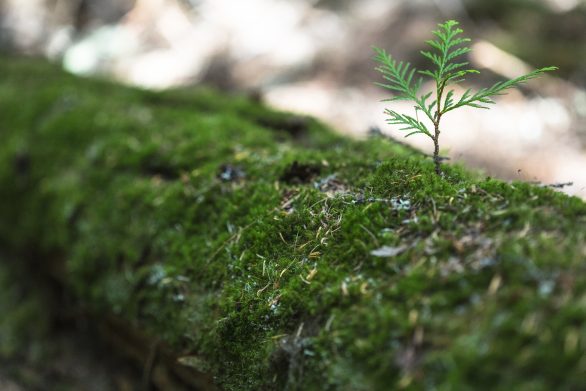Forest Health Benefits from Genomics
Forest Health Benefits from Genomics
In addition to sustainably managing North American forests, foresters are working hard to ensure that the trees planted today will survive for the next generation. Canadian scientists working in field called genomics are identifying the trees that natural selection seems to favor and using those saplings to plant the next generation of North American forests.
Natural selection in forests favors the survival of trees capable of withstanding insect attacks, animal attacks, and changing climate conditions. For instance, trees vulnerable to beetle attacks, specifically pines, are either weakened from drought or otherwise unable to produce sufficient amounts of sap to ward off the attacks. Trees that thrive in spite of these hardships have adapted to survive. Using genomics, foresters identify those beneficial genetic traits to ensure they will be passed on to the next generation of trees planted in forests.
The saplings for the next generation are not being genetically modified. Genetic modification is different than genomics. According to the University of Nebraska’s Ag Biosafety department, genetic engineering is the process of manually adding new DNA to an organism. In genomics, no new DNA is being added to the tree’s original DNA.
The benefits of planting more trees that natural selection has favored are plentiful. According to its website, Genome BC, one of Canada’s leading genomics research firms, has invested $77.6 million in funding for forestry related research products. These investments are expected lower costs for the Canadian forest industry. In Canada, all lumber that is imported must be tested for pests and pathogens. In using genomics, those tests could be expedited and could indefinitely lower testing costs.
Another application is selectively breeding cedar trees that have more terpenes. Terpenes are chemicals that leave a bitter taste and increasing the amount of terpenes in cedar saplings would prevent deer from eating them. Sustainably managing forests also means ensuring that there will be forests for our future. If saplings cannot survive then there will not be forests for our future.












